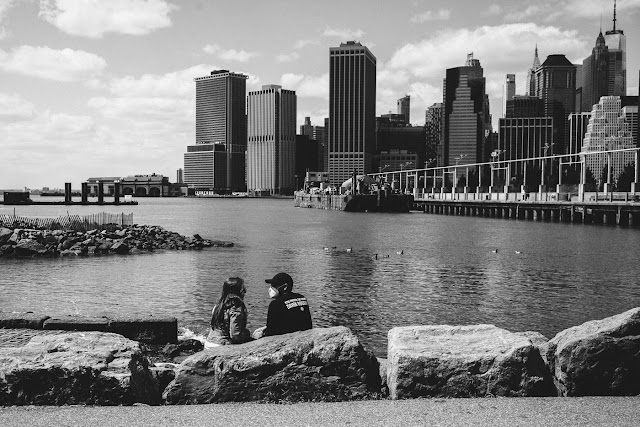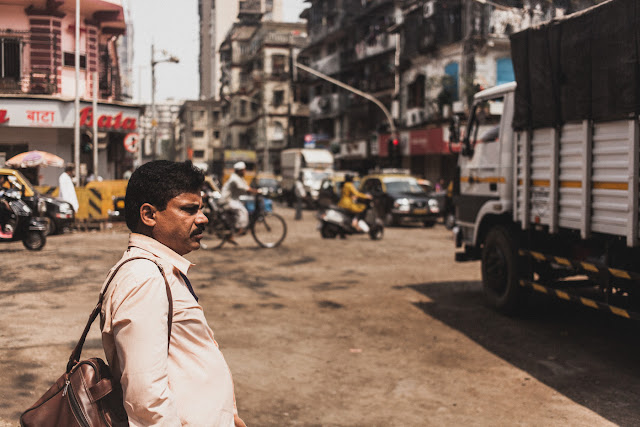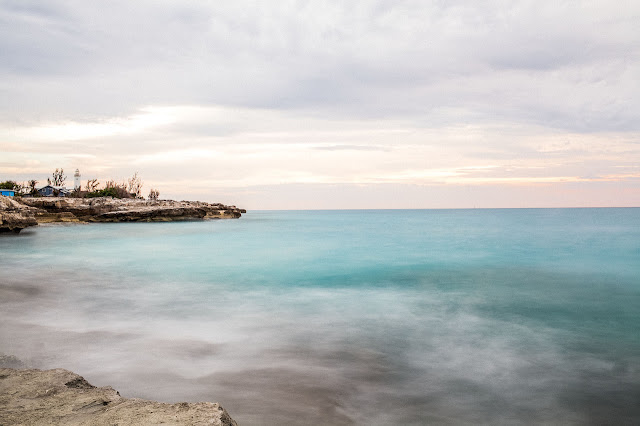The Dakota 38 for The Economist's 1843 Magazine
 |
| © Marlon Krieger | 1843 Magazine |
In 1862, in what is now Minnesota, the largest mass hanging in US history took place on December 26. The event was the result of federal policy and a newly formed state requiring the removal of the Dakota people from their lands. The event culminated in the mass hanging, after which the Dakota people where scattered across a region stretching from Saskatchewan to Nebraska.
 |
| © Marlon Krieger | 1843 Magazine |
On my first day we were confined to the community center where we had spent the night. The sub-zero temperatures and high winds were considered too challenging for the horses and the riders
On the morning of the second day the wind was vicious, howling across the Dakota plains and hammering into our bodies. Frigid and cold it hit like a ton of bricks and then disintegrated into thousands of tiny needles as it nibbled away at any exposed skin. The windchill put the temperature at just around -30F shortly after sunrise.
The riders had to make up for lost time of the day before. Instead of riding
together, a relay was set-up, where two riders would gallop for a few
miles, and then hand-off the Staff, which has to travel every inch of
the 330 mile journey during the honor ride.
 |
| © Marlon Krieger | 1843 Magazine |
 |
| © Marlon Krieger | 1843 Magazine |
 |
| © Marlon Krieger | 1843 Magazine |
Galloping in twos at full speed the riders and their horses cut elegant and powerful figures in the early morning light. By mid-day, they had made-up the distance lost the previous day.
As the riders slowly came together towards the afternoon, you could feel the energy of the morning crescendo, with each additional member seemingly filling-in a piece of the orchestra that was culminating in the high point of the prayer. The horses and riders now moving lock-stop alternated between riding single file and galloping in a group through the plains of Minnesota. Bracing icy winds and brutal
temperature, the energy was palatable, the staff unquestionably traveling at the head of the
procession.
 |
| © Marlon Krieger | 1843 Magazine |
There where many moments that gave me the chills
on this trip. But none compares to the moment when all the riders joined
together to ride in unison again, lead by the head staff rider.
 |
| © Marlon Krieger | 1843 Magazine |
Despite the -30F degree winds, and the logistical challenges this shoot presented, I found this to be one of the more enjoyable and rewarding assignments.
“The hardship of the riding, in that terrible weather, made the prayers seem all the more appropriate. This was not simply because the riders needed all the help they could get. There was also a sense that their physical and spiritual exercises reflected that same deep commitment. Getting through each long day was a physical feat; participating in the endless prayers and songs and confessional meetings was an emotional and spiritual one. The riders prayed with Dakota songs, in spoken English and, one beautiful morning, shortly after dawn, as Kimble knelt in the snow to load his sacred canupa pipe, with tobacco and invocations for a good journey. They prayed for their ancestors and themselves." - James Astill
See more pictures at The Dakota 38, and read the story by James Astill and in this months 1843 Magazine, now out in Newsstands.
 |
| © Marlon Krieger | 1843 Magazine |




